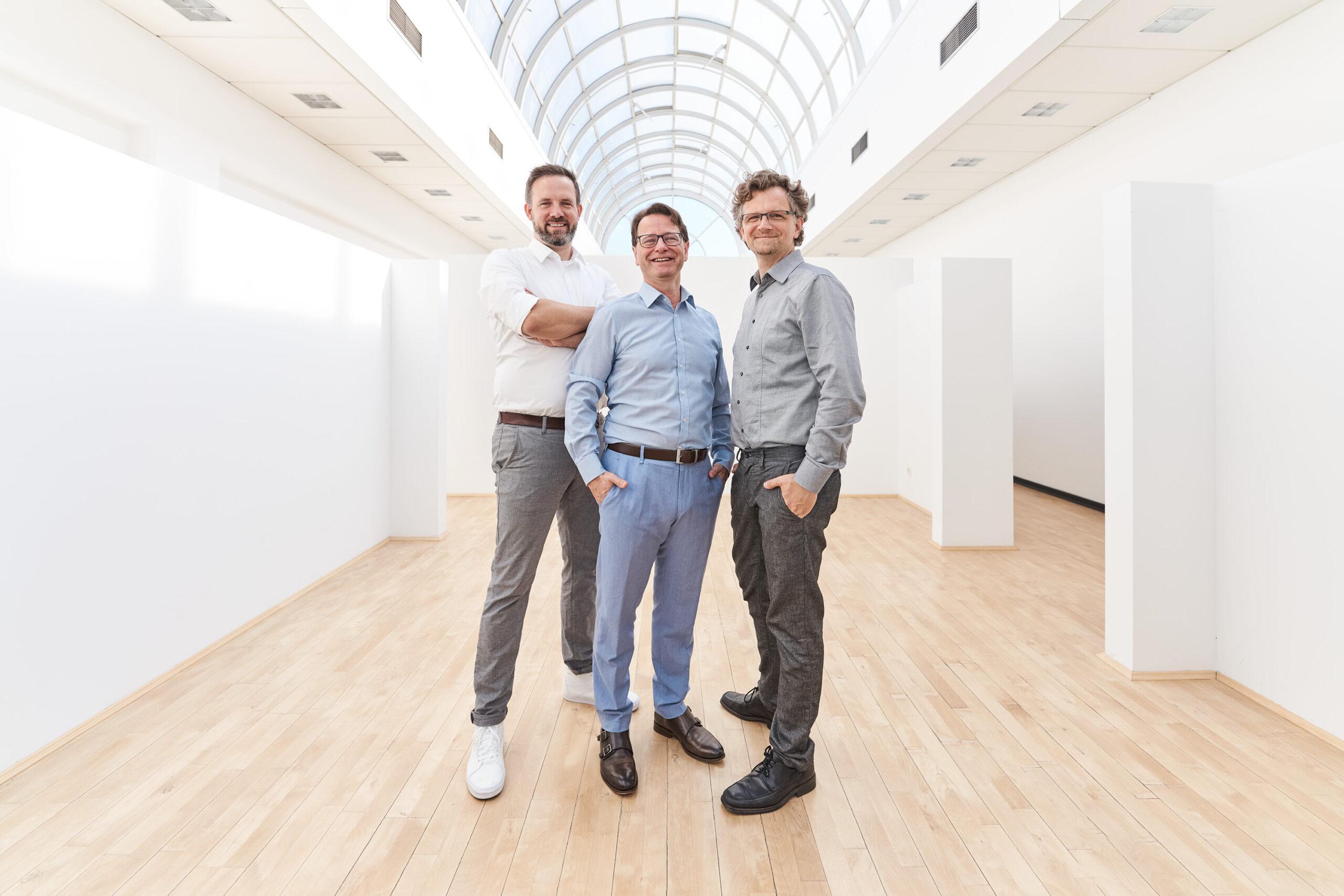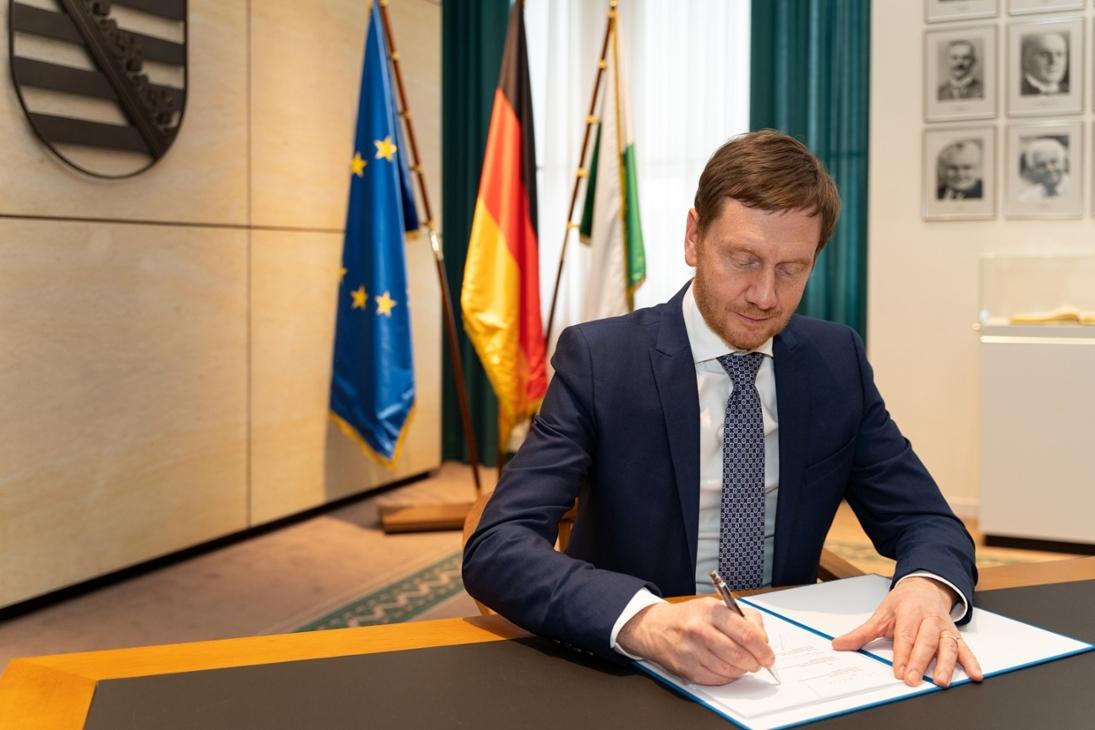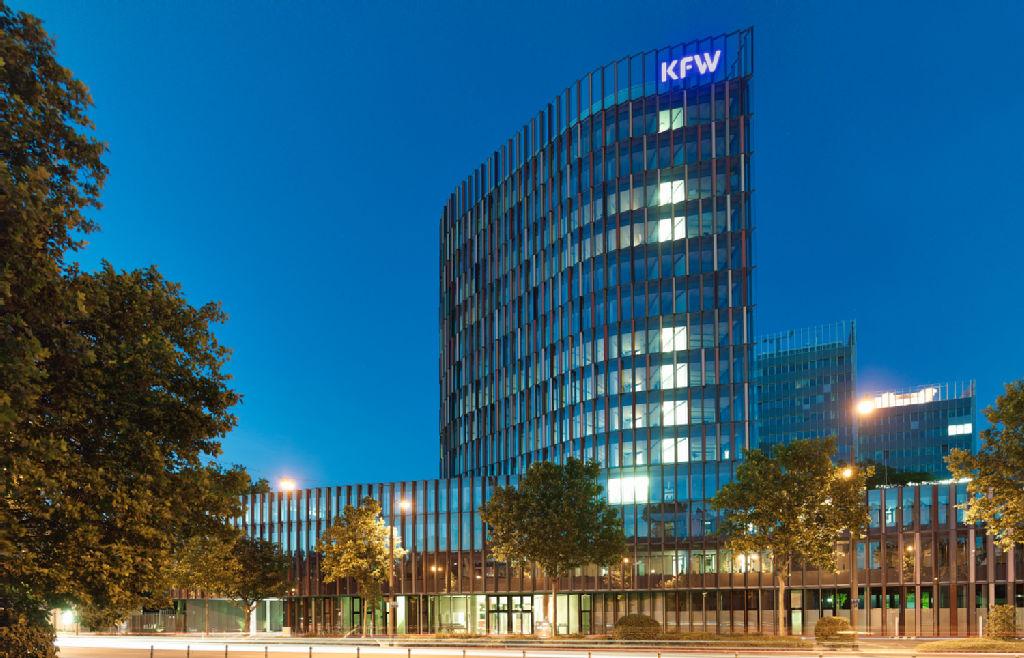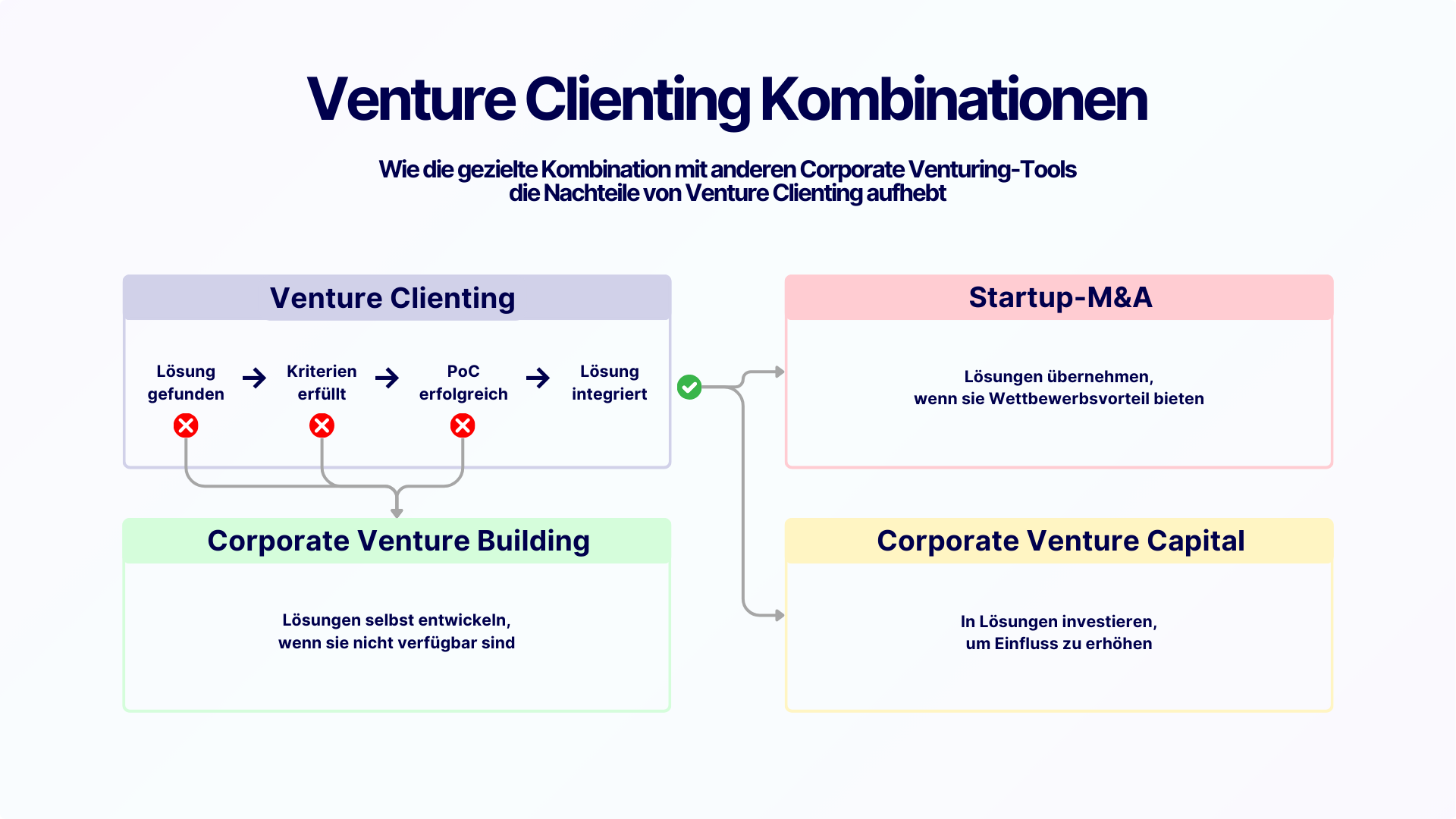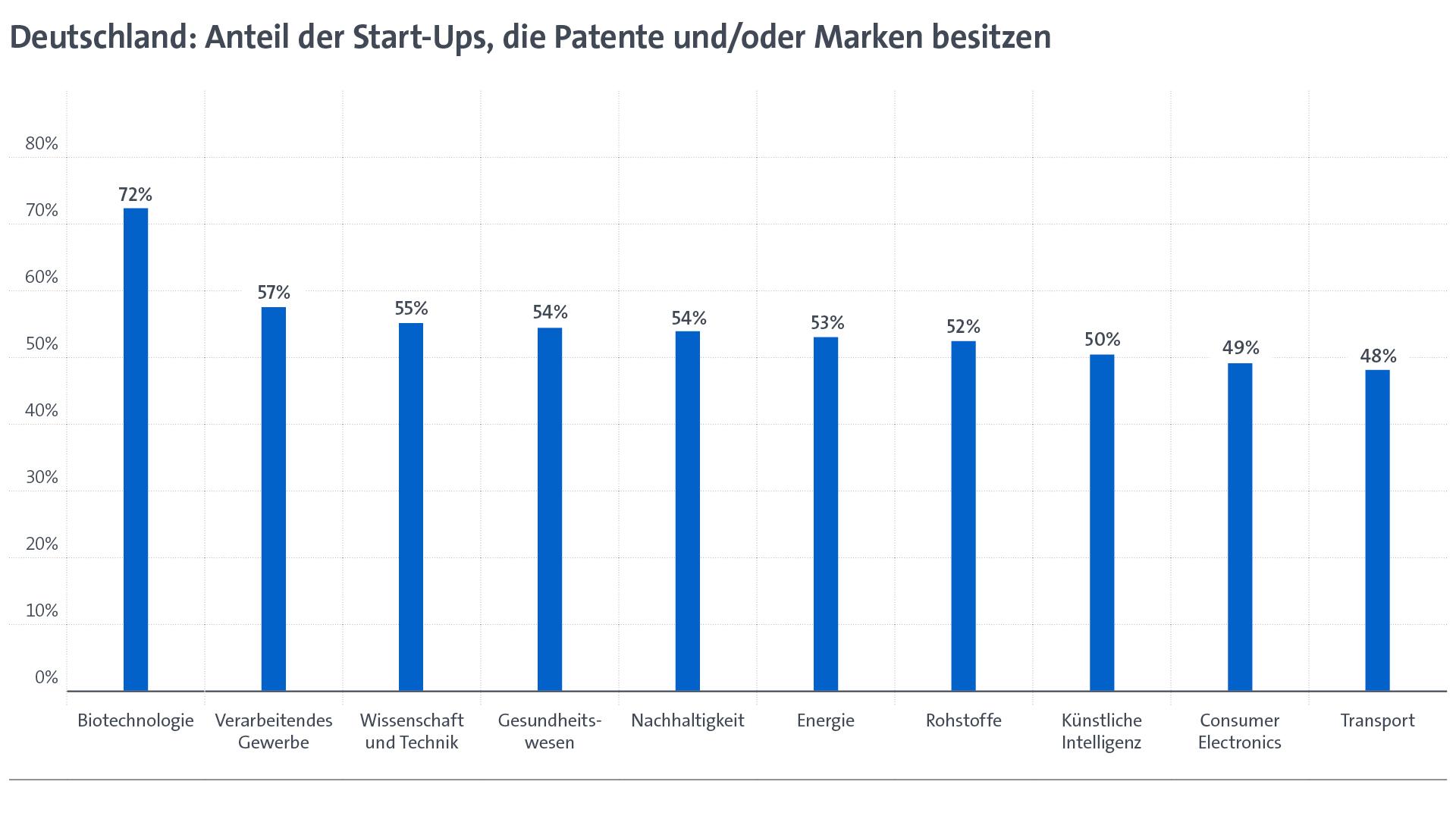The big country survey part III: These corona aids are available from the countries
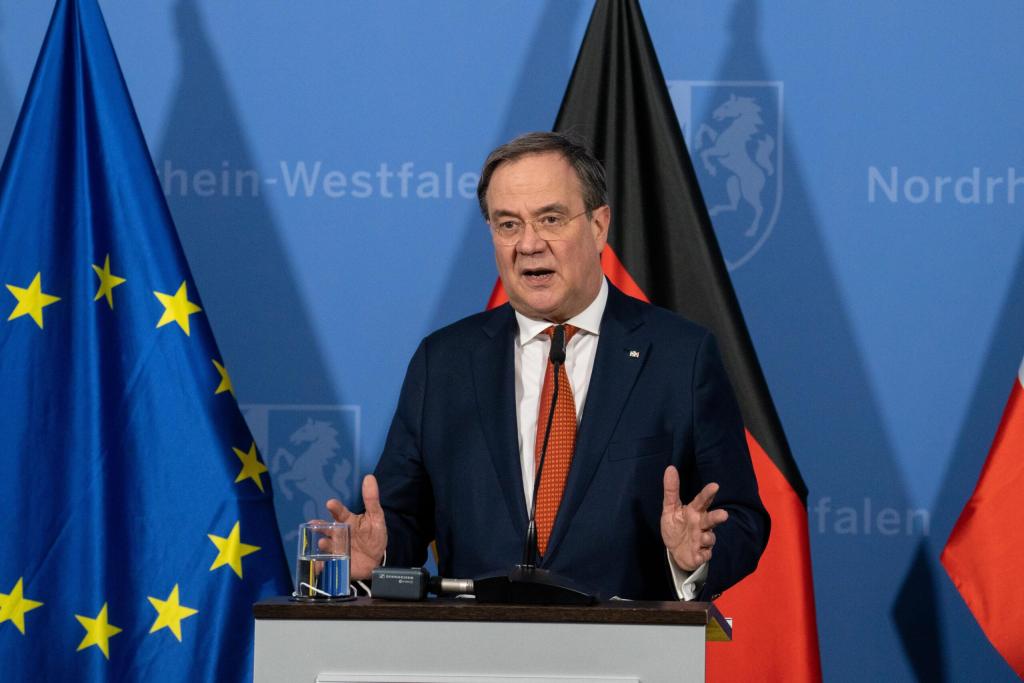
Many federal states have special support programs for start-ups. In the third part of our series, we take a look at the measures in NRW, Rhineland-Palatinate, Saarland, Saxony, Saxony-Anhalt, Schleswig-Holstein and Thuringia. Click here for Part I of the survey with the states of Baden-Württemberg, Bavaria, Berlin and Brandenburg. Part II of the survey with the states of Bremen, Hamburg, Hesse, Mecklenburg-Western Pomerania and Lower Saxony can be found here.
The federal government has made around two billion euros available to support start-ups affected by the coronavirus crisis. It is passing on part of this to the state development banks via its development bank KfW. The aim of this "Pillar II" is to support start-ups and small and medium-sized enterprises with mezzanine (i.e. a mixture of equity and debt capital) or equity financing. How start-ups actually obtain aid varies from state to state. Our overview shows what founders in which federal state can count on and how much money has already flowed.
North Rhine-Westphalia
In North Rhine-Westphalia, the state's own development bank, NRW.Bank, has set up a program specifically for start-ups. It runs under the name "NRW-Start-up akut" and, according to the state, had provided around 21 million euros to start-ups by mid-January. Convertible loans of a maximum of 200,000 euros are granted.
The development bank of the state of North Rhine-Westphalia had made 112 commitments by mid-January, and the state's Ministry of Economic Affairs expects demand to remain high in the future.
Rhineland-Palatinate
The state of Rhineland-Palatinate has launched the "Corona Venture Capital" investment fund for start-ups. The Investitions- und Strukturbank Rheinland-Pfalz (ISB) provides silent participations or open participations of up to 500,000 euros via its fund company WFT. By mid-January, the federal state had supported 47 start-ups with a total of 20.4 million euros.
In addition, start-ups, like all other companies, can apply for help from the state's own "Future Fund". Companies with up to ten employees can hope for an immediate loan of 10,000 euros, while those with up to 30 employees can even apply for 30,000 euros and a state subsidy of 30 percent of the loan amount. The state has also increased the existing "Rhineland-Palatinate Innovation Fund II", which is aimed at technology-oriented start-ups, by ten million euros. Start-ups from Rhineland-Palatinate can also apply for assistance from this fund.
Saarland
Neither the Ministry of Finance nor a spokesperson for the Saarland Ministry of Economic Affairs responded to an inquiry from the Starbase editorial team. On the website of Saarländische Investitionskreditbank, there is only an undated statement that they are working at full speed on the details of a funding program for start-ups. An offer should therefore be available by the end of the third quarter of 2020.
Saxony
The Free State of Saxony has set up its own "Corona Start-up Aid Fund" (CSH), which is currently being managed from the financial resources of Mittelständische Beteiligungsgesellschaft Sachsen (MBG).
By mid-January, MBG had received 86 requests from start-ups, 38 of which it had provided with capital to secure their liquidity during the pandemic. A further 32 applications for a silent partnership were still being processed at that time. The experts had rejected 16 cases by then.
MBG has invested a total of 17.2 million euros. The sum is likely to increase significantly in the future, according to estimates in Saxony. In the wake of the second corona wave, demand has recently increased significantly again, which is why Saxony has extended the offer of assistance via the fund until the end of June 2021 for the time being.
Saxony-Anhalt
In Saxony-Anhalt, the path for start-ups leads to ibg Beteiligungsgesellschaft Sachsen-Anhalt. It provides aid specifically for start-ups and is financed by a venture capital fund.
Three applications had been received by mid-January - and the IBG also approved three of them. The state has provided 1.2 million euros for this.
Schleswig-Holstein
In the far north, too, they are trying to get their start-ups through the crisis. The federal state of Schleswig-Holstein has set up the "Schleswig-Holstein Special Participation Program" for this purpose, which the state has endowed with a total of 15 million euros at the beginning. Due to the high demand, Schleswig-Holstein has added a further ten million euros, bringing the total fund size to 25 million euros.
The federal government, the state of Schleswig-Holstein and the "Mittelständische Beteiligungsgesellschaft" (MBG), which enter into silent and open participations or issue subordinated and convertible loans, are involved in the program. 49 applications were received by mid-January, 26 were approved and twelve were rejected by the decision-makers. The total amount granted to date amounts to 7.86 million euros, with the federal state expecting this figure to rise significantly in the future.
Thuringia
In Thuringia, start-ups have to share their funding with other companies. Specifically, "beteiligungsmanagement Thüringen GmbH", which acts on behalf of the state, has set up two funds to mitigate the consequences of the pandemic. They invest in start-ups as well as other companies. Specifically, these are the "Thuringian Future Fund", which is funded by the state, and the "Thuringian Future Fund II", which is funded by KfW.
Meanwhile, the conditions for receiving funding are very much tailored to start-ups. Companies must not be listed on the stock exchange, must have fewer than 50 employees and a balance sheet total of less than ten million euros. In addition, they must not have been entered in the commercial register more than five years ago.
The two funds have already invested in start-ups. By mid-January, 7.4 million euros had flowed from the first Thuringian Future Fund and 3.8 million euros from the Thuringian Future Fund II.

Newsletter
Startups, stories and stats from the German startup ecosystem straight to your inbox. Subscribe with 2 clicks. Noice.
LinkedIn ConnectFYI: English edition available
Hello my friend, have you been stranded on the German edition of Startbase? At least your browser tells us, that you do not speak German - so maybe you would like to switch to the English edition instead?
FYI: Deutsche Edition verfügbar
Hallo mein Freund, du befindest dich auf der Englischen Edition der Startbase und laut deinem Browser sprichst du eigentlich auch Deutsch. Magst du die Sprache wechseln?





